The recent European Union Clean Air Forum, held aboard the historic SS Rotterdam, served as a platform for engaging discussions on innovation, skills, and health. Attendees delved into critical issues, emphasizing the imperative to combat pollution in all its forms—be it in the air, water, soil, or plastic.
Commendations were extended for the commendable efforts to reduce pollution in the EU, underscoring the significance of shared endeavors. The forum hosted a press conference, featuring Commissioner Virginijus Sinkevicius and Executive Director Leena Yla-Mononen, where they presented the latest findings on the health impacts of air pollution in Europe.
Highlighting the urgency of the matter, it was revealed that air pollution causes a staggering 253,000 deaths annually in the EU. The nexus between health and air quality emerged as a priority, driving the conversation towards policies aimed at curbing this pervasive issue.
The forum showcased a commitment to cleaner air, encapsulated in the #CleanAirEU initiative. A crucial aspect emphasized was the integration of public transport with shared and active mobility options to address urban air quality concerns. This strategy aligns with broader efforts to mitigate the impact of car-centric lifestyles.
The EU's comprehensive clean air policy, anchored in three pillars—ambient air quality standards, reduction of air pollution emissions, and emissions standards for key pollution sources—aims to achieve a zero-pollution vision by 2050. Despite progress, challenges persist, with air pollution remaining the foremost environmental health problem in the EU.
The gravity of the situation was further underscored by the revelation that at least 253,000 deaths in the EU in 2021 were attributable to exposure to fine particulate matter pollution alone. This stark reality prompted a call for additional measures to align with World Health Organization guidelines, potentially preventing a significant number of these deaths.
Commissioner Virginijus Sinkevicius asserted the effectiveness of clean air policies but stressed the need for continued efforts, urging the swift adoption of a revised Ambient Air Quality Directive aligned with WHO recommendations.
Leena Yla-Mononen, EEA Executive Director, emphasized the ongoing health impacts of air pollution. The latest assessment quantified the burden on specific diseases, illustrating that the health effects extend beyond just attributable deaths. Diseases like diabetes and asthma impose a considerable health burden on those living with their effects over the long term.
The forum also introduced an air quality app, empowering European citizens to access real-time air quality data. The app, available in 24 languages, offers insights from over 3,500 monitoring stations, enabling users to assess and interpret air quality at any location in the EU.
As the EU endeavors to achieve cleaner air and protect the health of its citizens, the discussions and initiatives from the Clean Air Forum underscore the importance of sustained efforts and collaborative action in the face of persistent challenges.
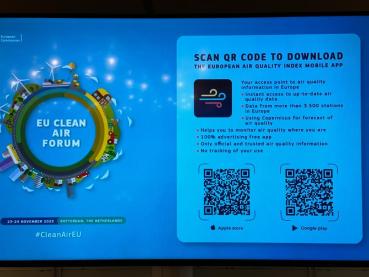

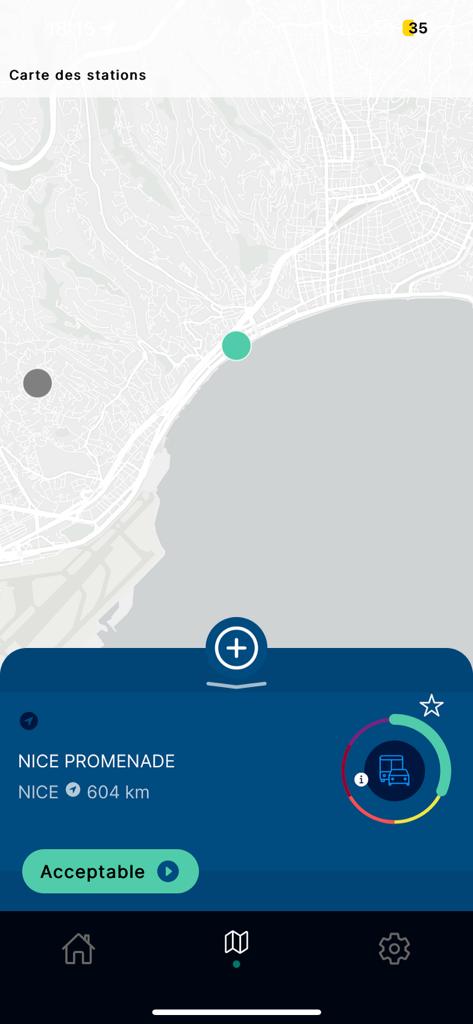

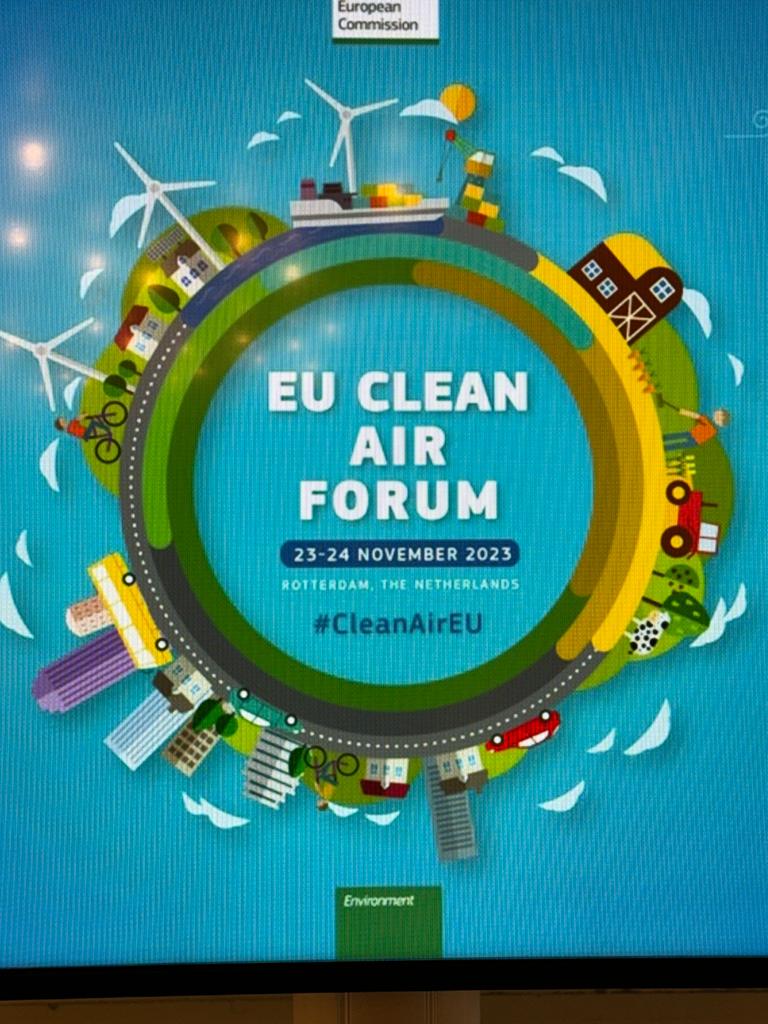


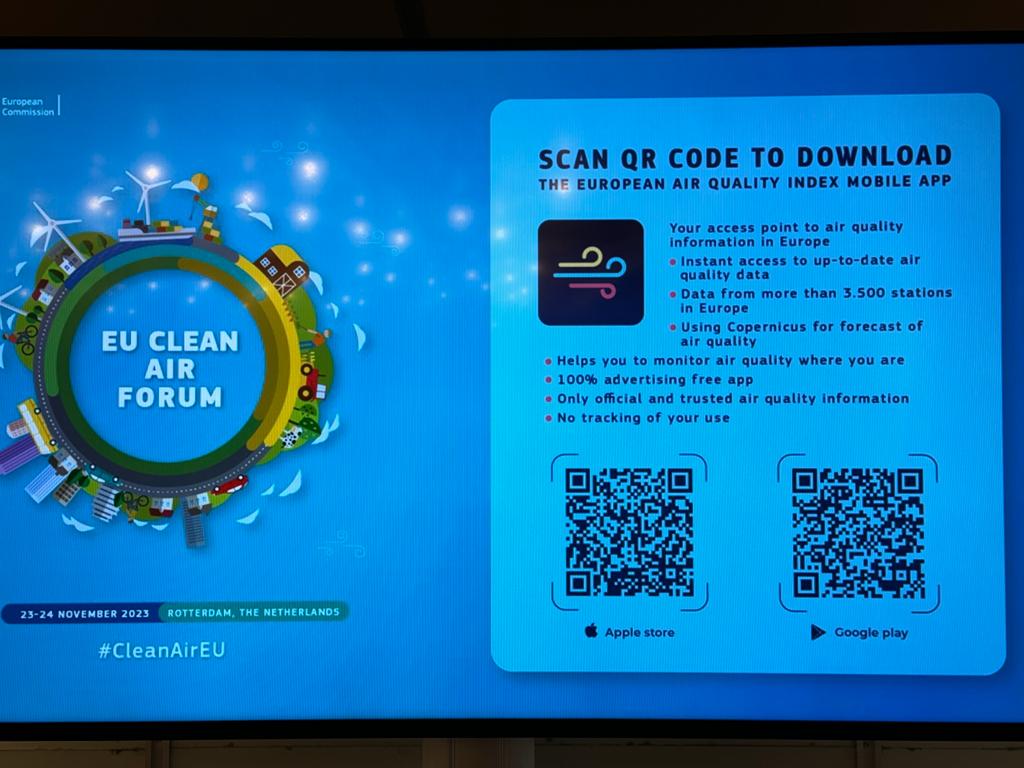
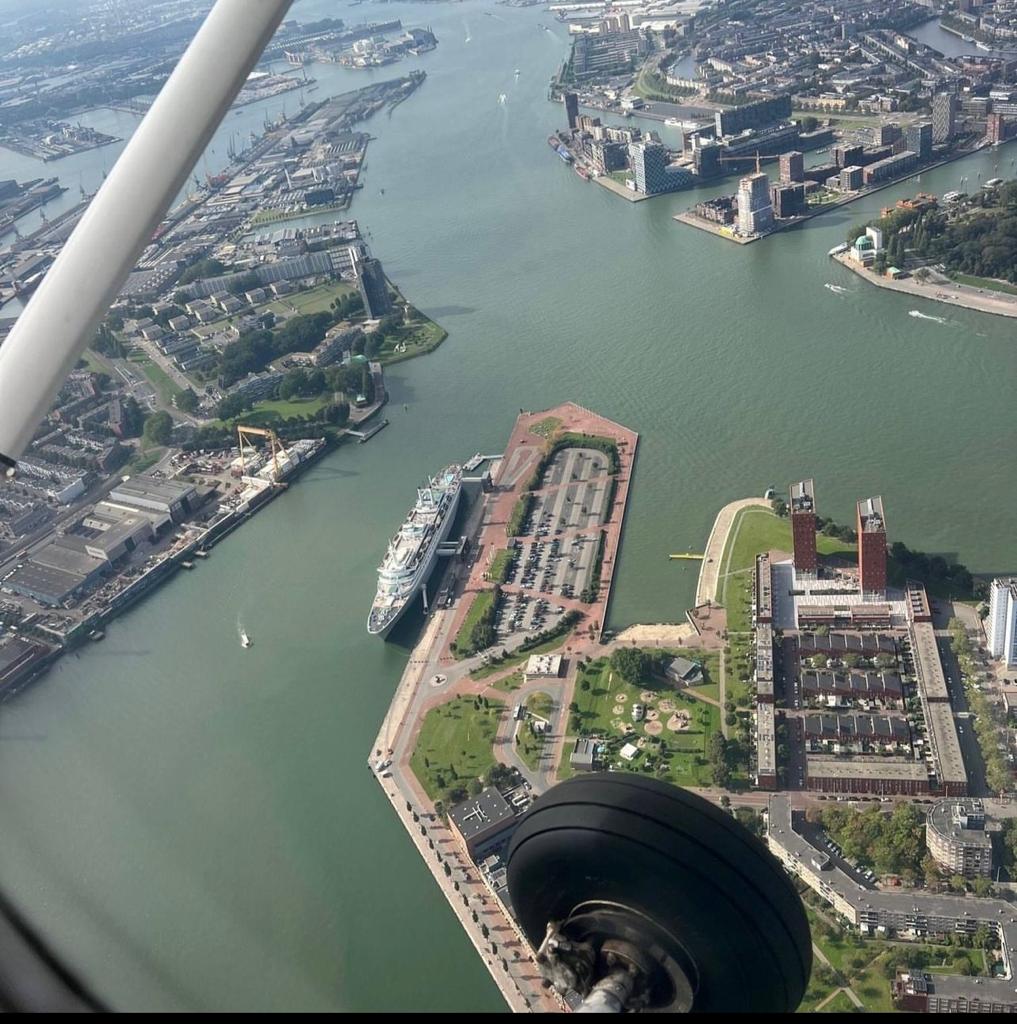
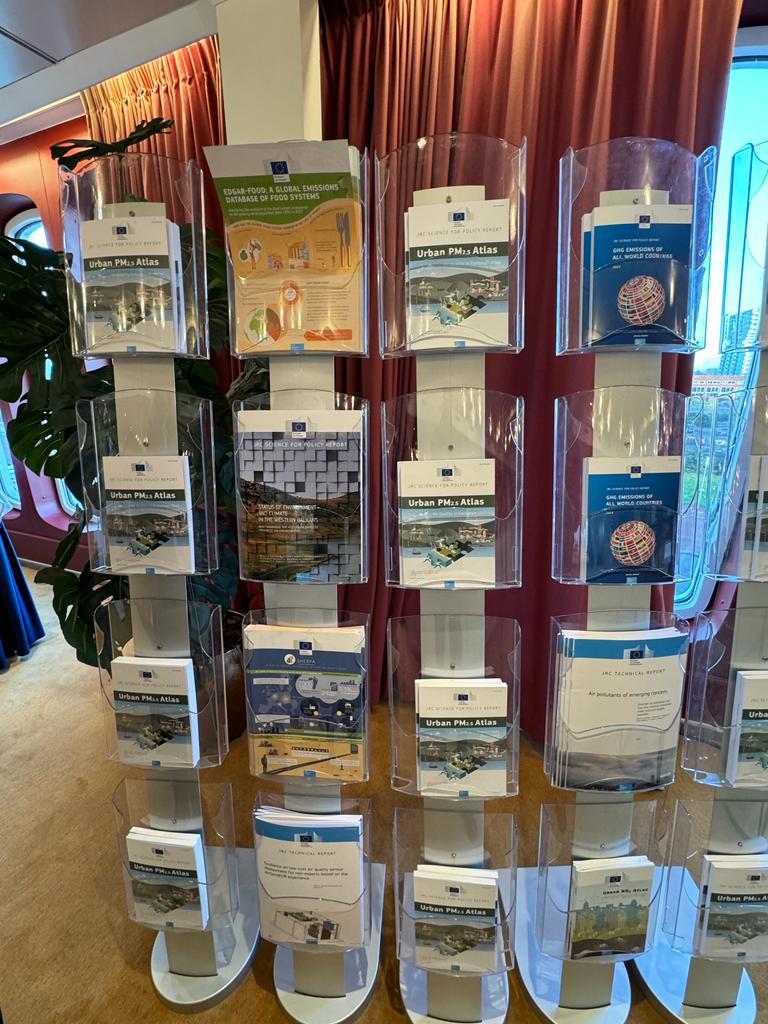
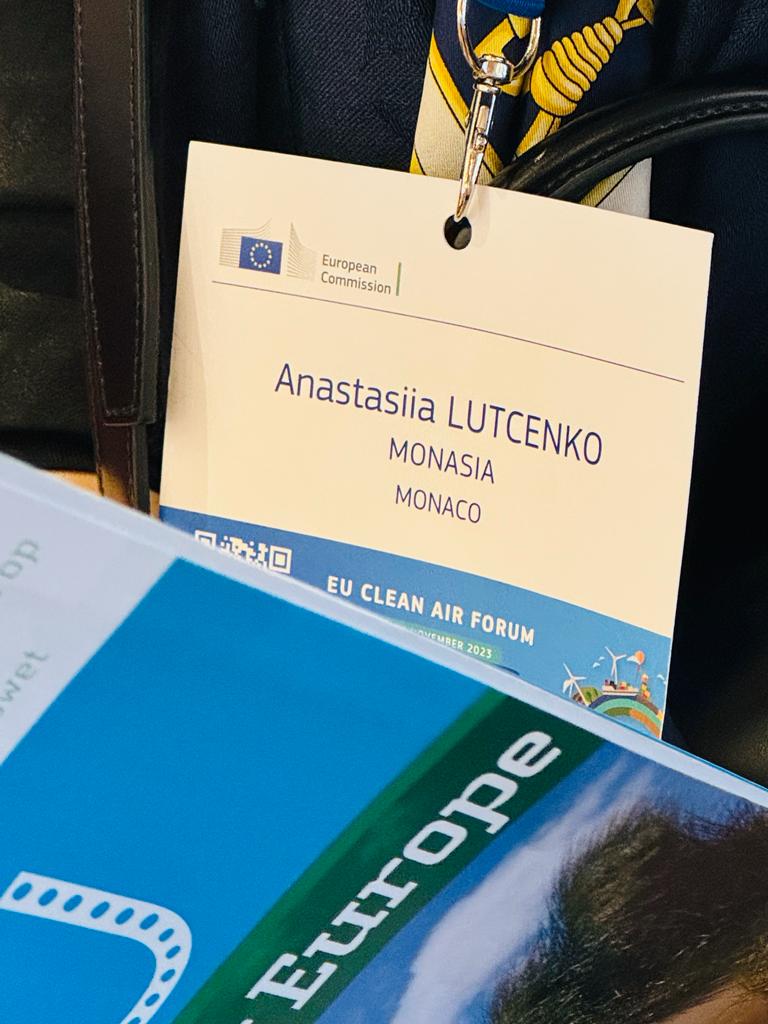
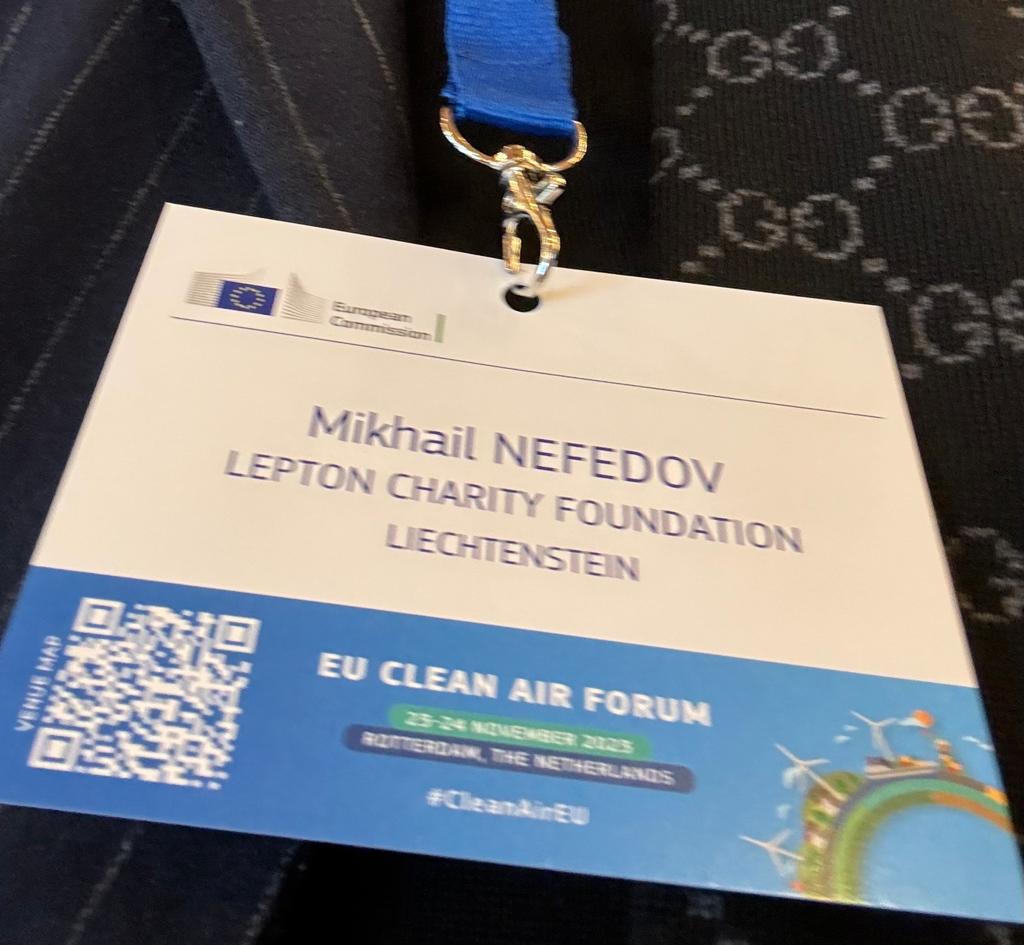

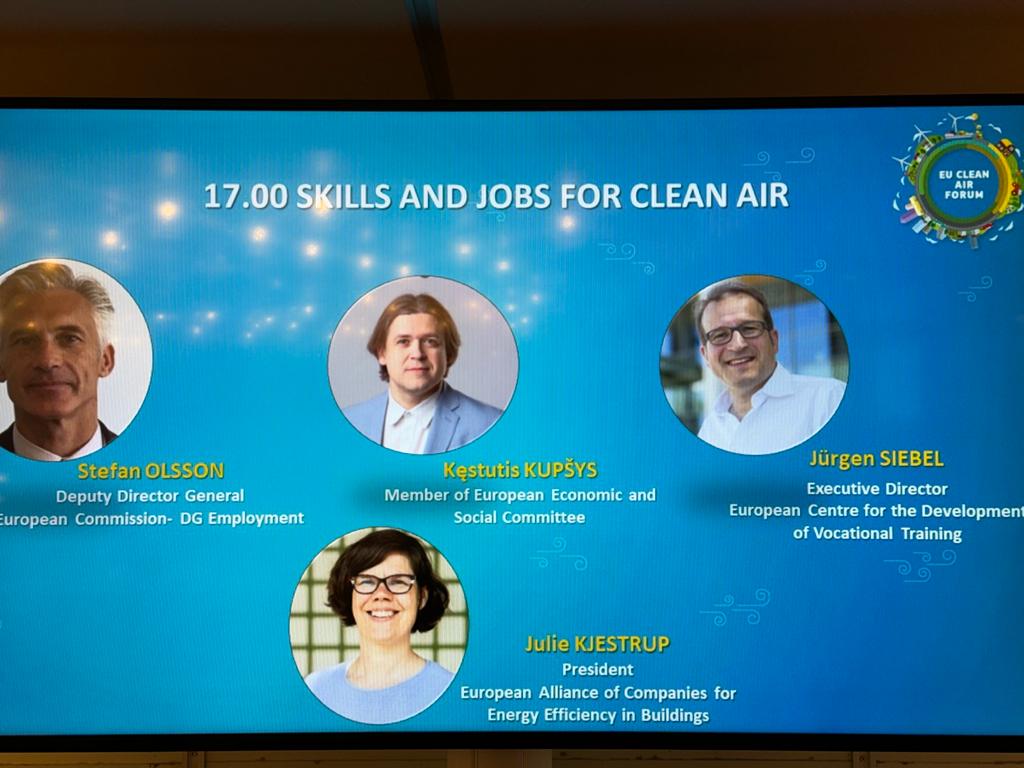
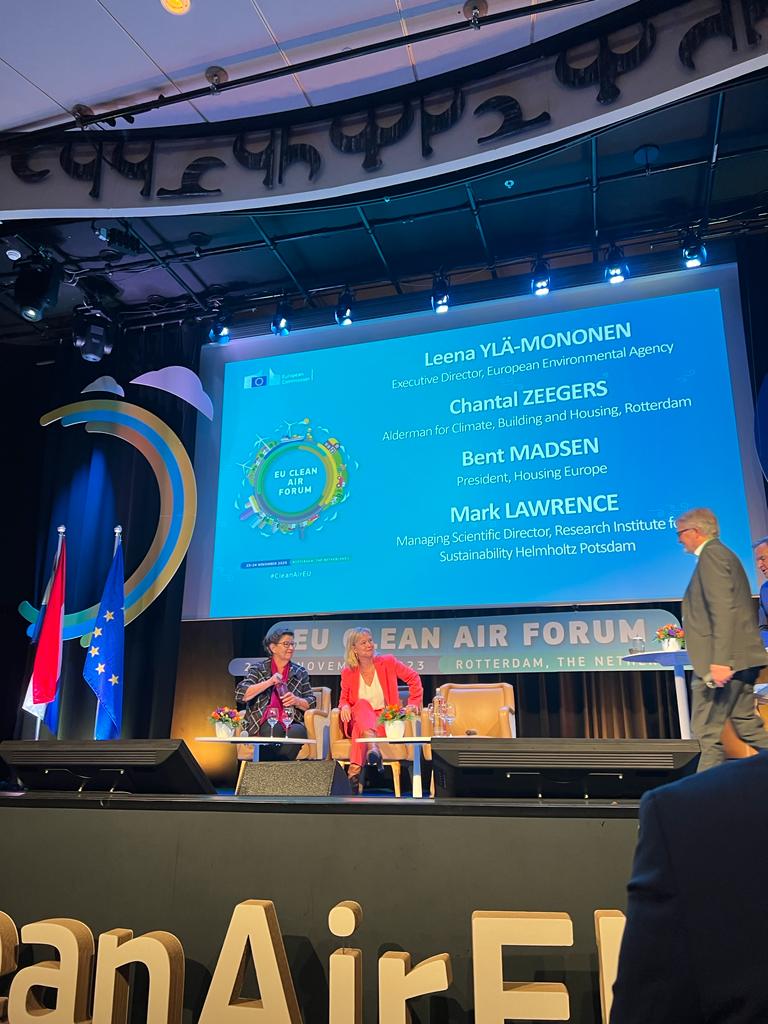
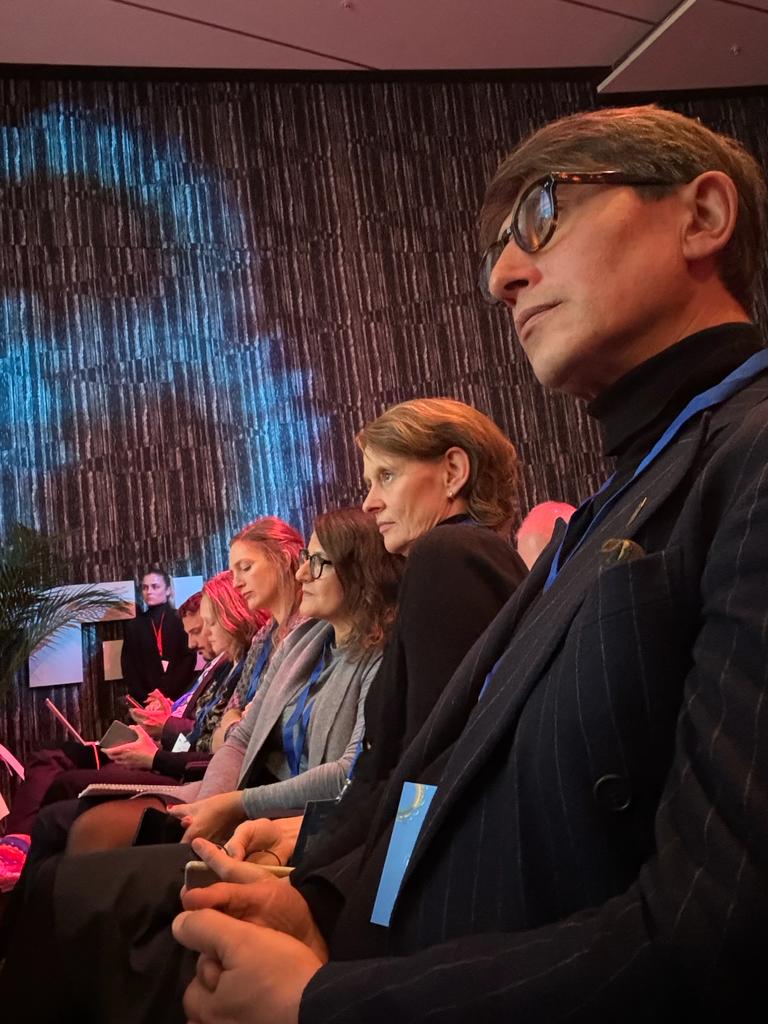
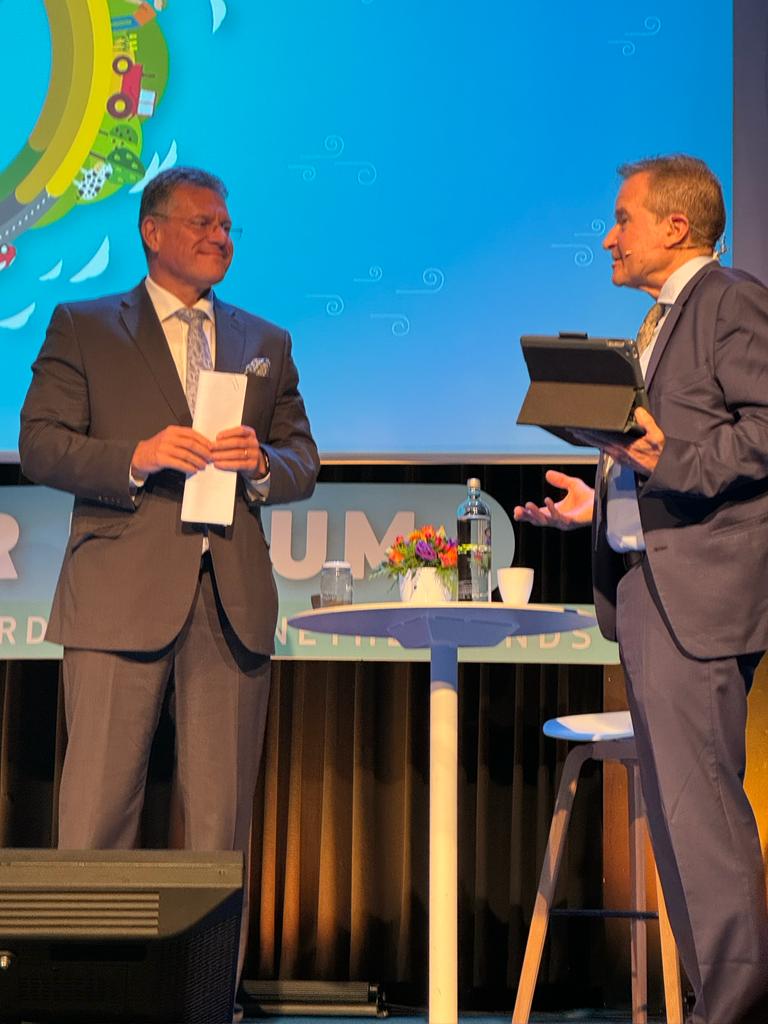
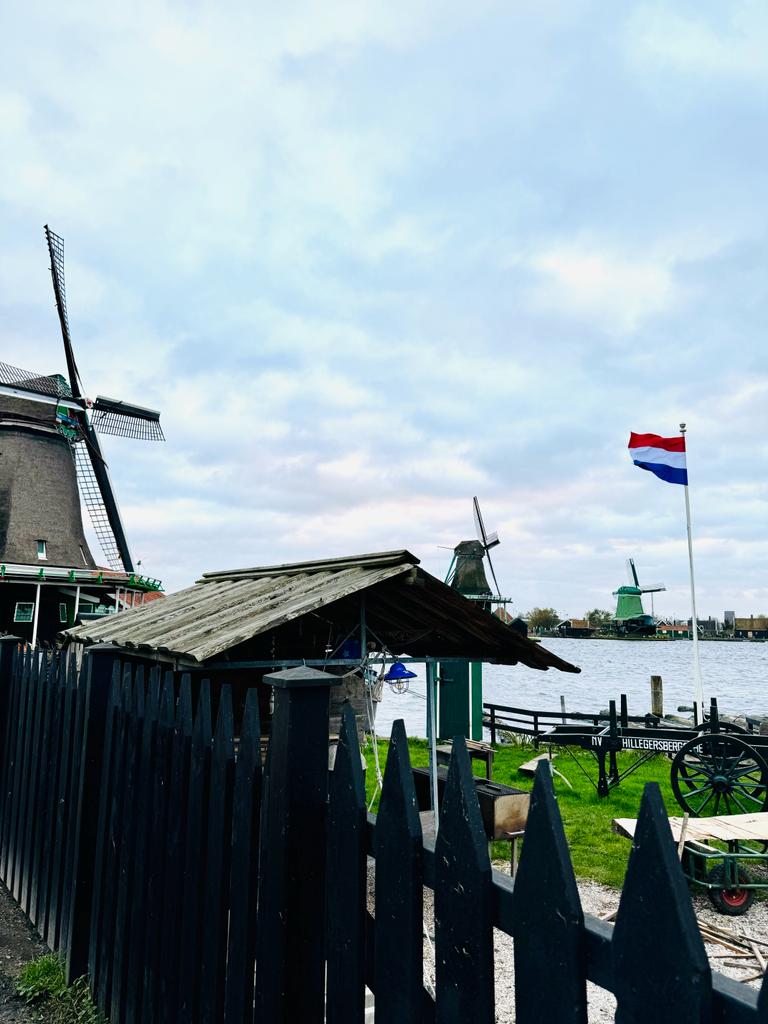

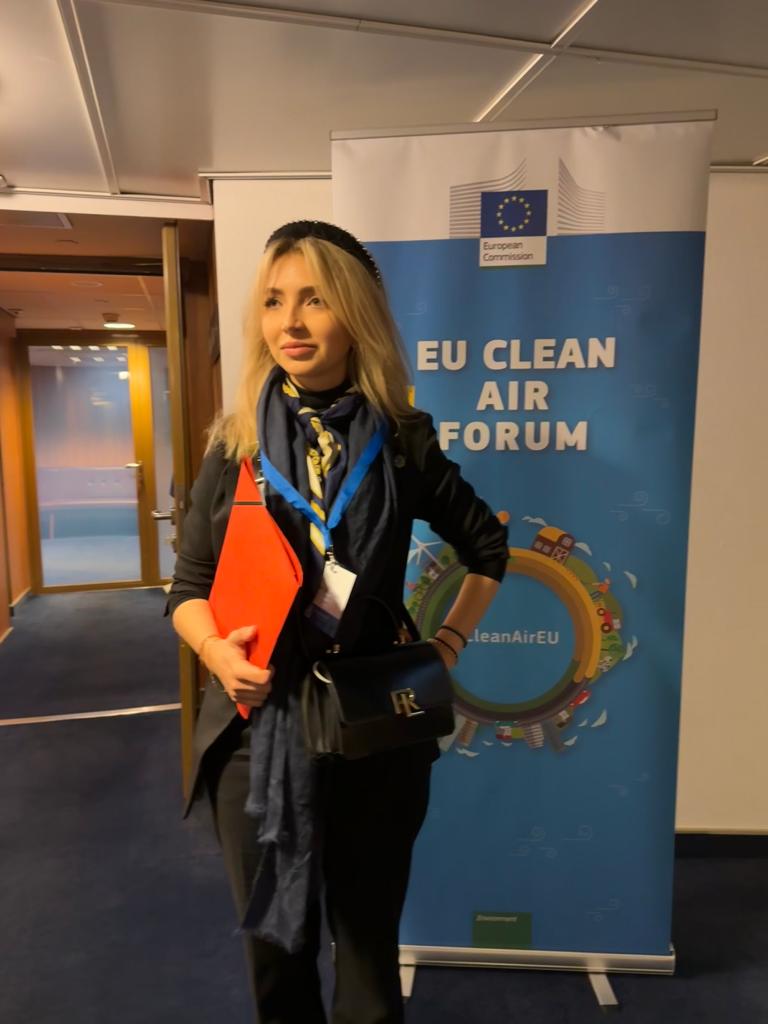
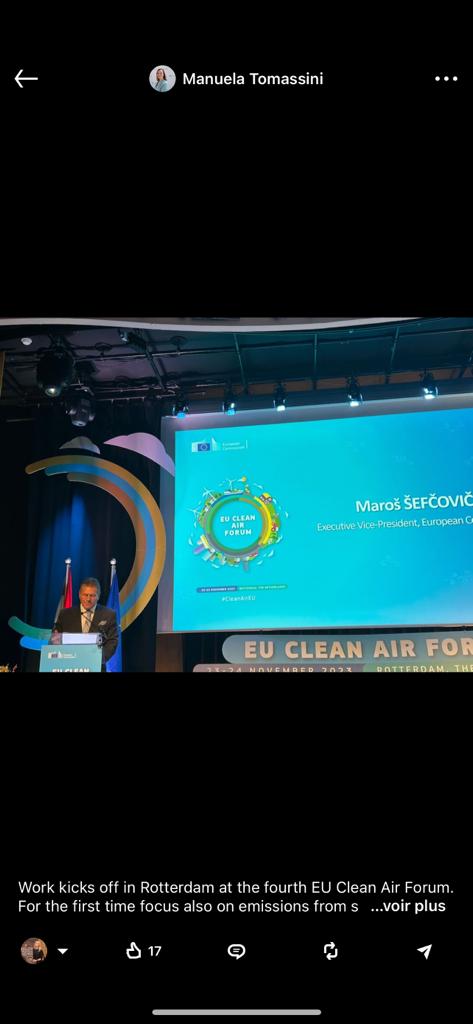
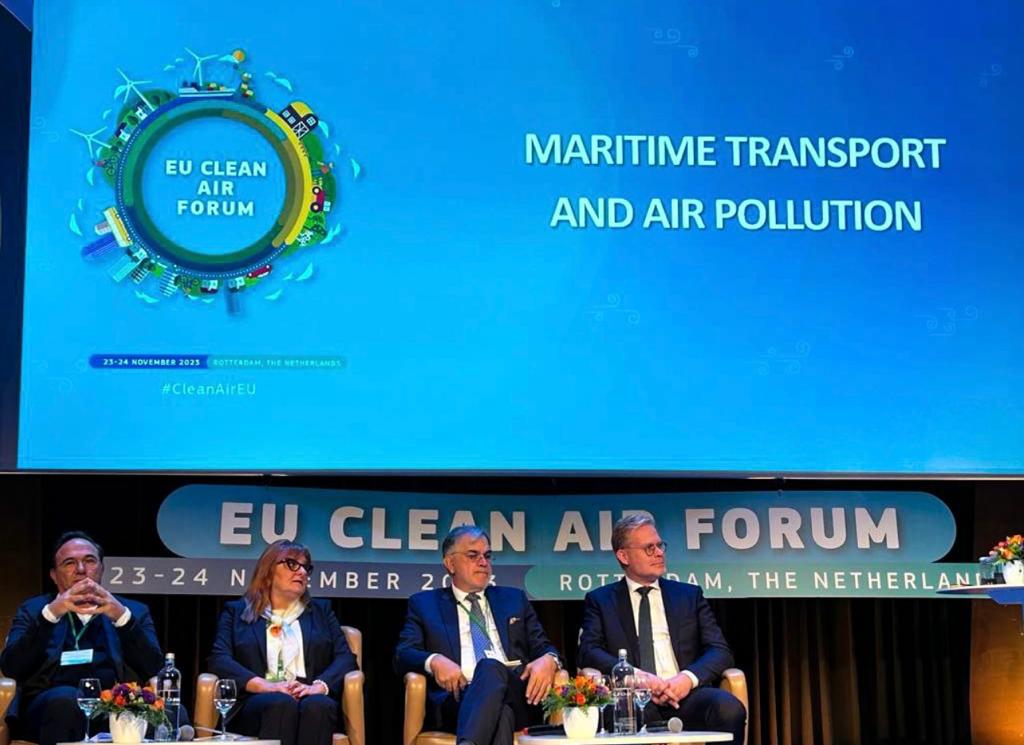
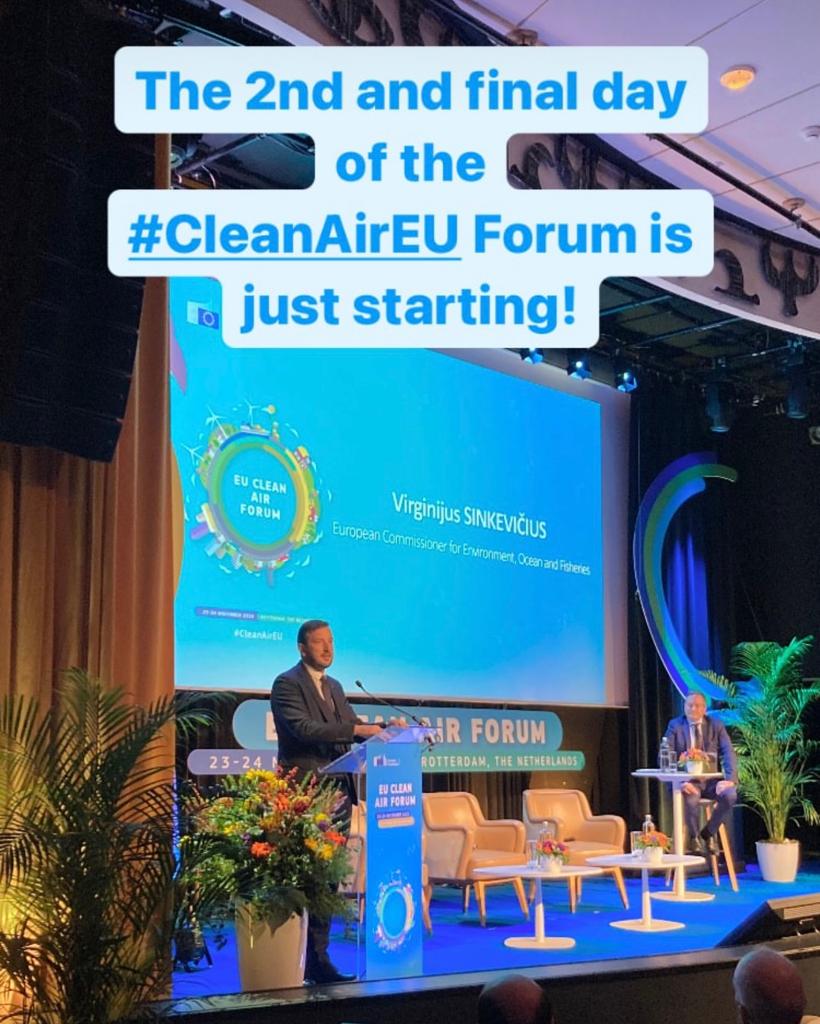
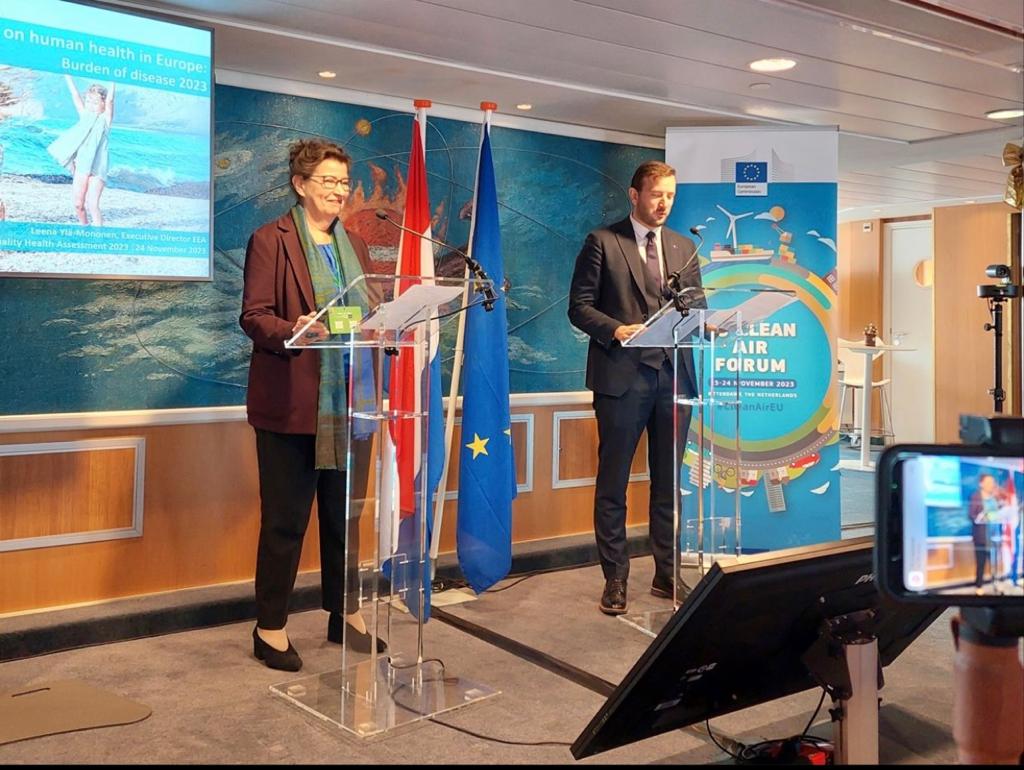


 Président de l'association
Président de l'association